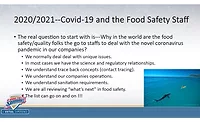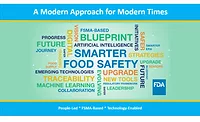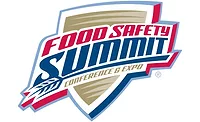2021 Virtual Food Safety Summit Kicks Off with Effects of COVID-19 on Current and Future Management Practices
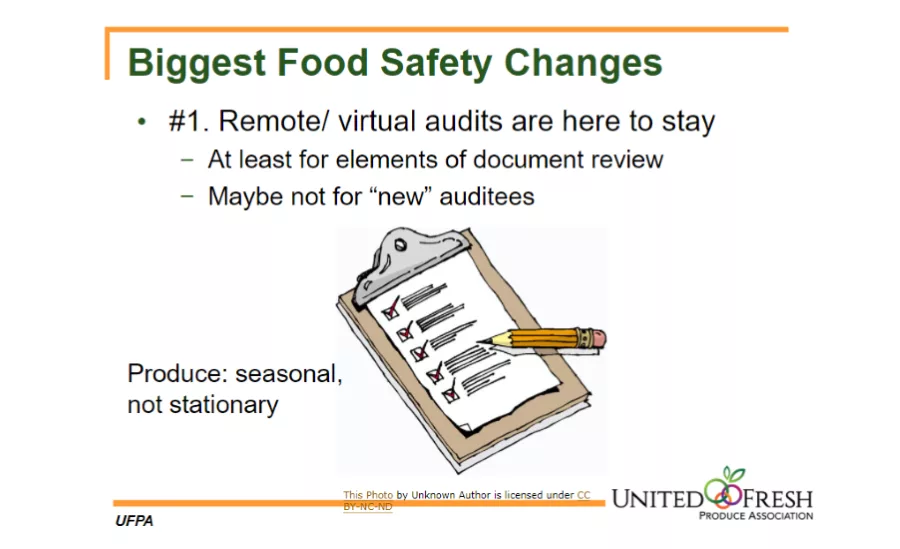


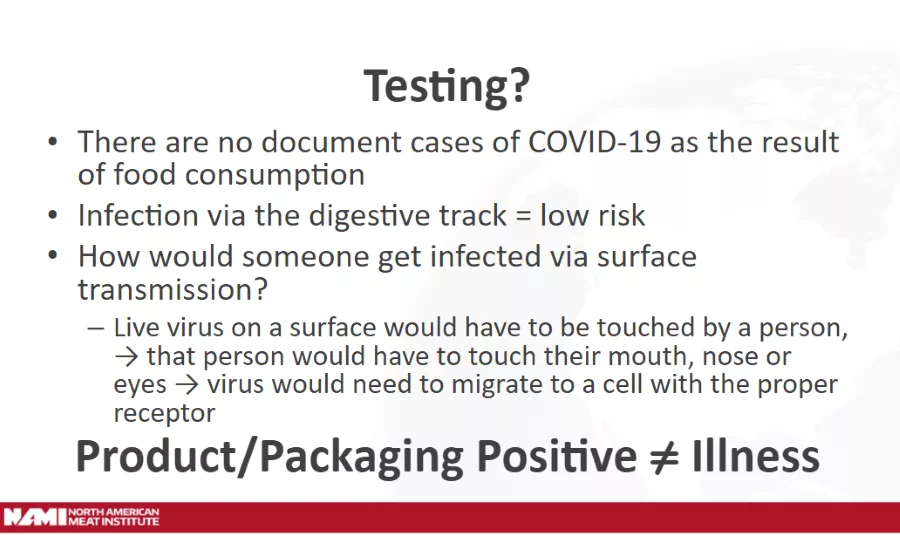

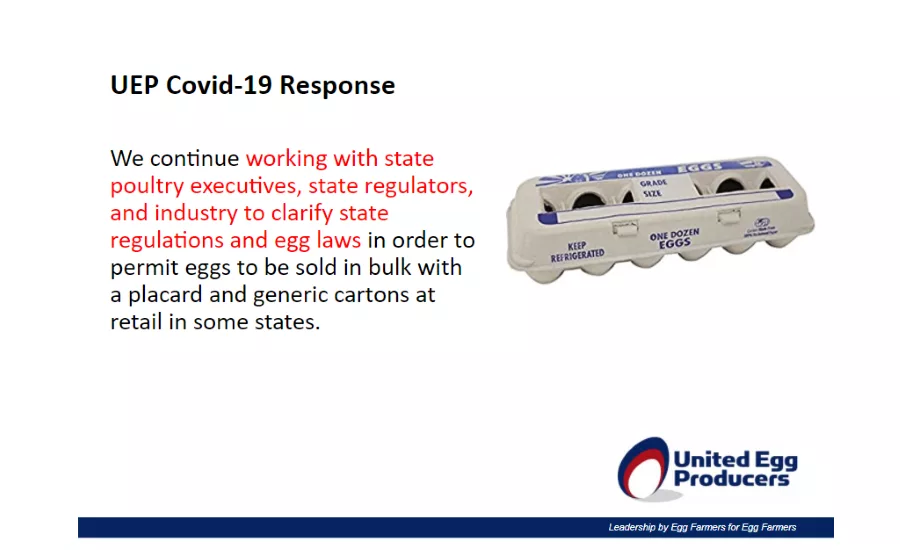

The 2021 Virtual Food Safety Summit kicked off on May 11, 2021, with a seminar on the effects of COVID-19 on current and future management practices. Senior science and regulatory affairs professionals at produce, meat, and egg industry associations talked about how their members have implemented new food safety and COVID-19 management programs for 2021 and beyond.
Jennifer McEntire, Ph.D., vice president, food safety & technology, United Fresh Produce Association started the session with some information on produce, and food safety challenges. She said that there will be a “new norm” for the industry, even in a post-COVID world, and one of the biggest changes will be that remote/virtual audits are here to stay, at least for elements of document review. She also said that produce production will be seasonal, not stationary, and that suppliers are diversifying markets. She also remarked that business travel may decrease post-COVID, since it has proven that virtual events can be just as effective as in-person ones.
The next speaker, KatieRose McCullough, Ph.D., MPH, director of regulatory and scientific affairs at the North American Meat Institute, spoke about the biggest challenges her organization has faced during the pandemic, and how things have changed since before COVID-19. Some of the largest challenges have been protecting and supporting workers (even more so than pre-pandemic); an overstock of livestock supply, due to backup of the supply chain; and changing from foodservice to retail, for some establishments. McCullough also reiterated a common theme that was brought up throughout the session: it is very difficult—though not impossible—to get COVID-19 from surface transmission. For this to happen, a live virus on a surface would have to be touched by a person; the person would then have to touch their mouth, nose, or eyes; and the virus would need to migrate to a cell with the proper receptor. She also mentioned that there are no documented cases of COVID-19 as the result of food consumption.
The last speaker was Oscar Garrison, senior vice president of food safety and regulatory affairs for United Egg Producers (UEP). Garrison spoke about how UEP has tried to make sure that eggs previously destined for foodservice and quick-serve restaurants do not go to waste; to do this, UEP petitioned the Agricultural Marketing Service to purchase processed egg products for food banks and make advance purchases for use in schools when they reopen. UEP also is working with state poultry executives, state regulators, and industry to clarify state regulations and egg laws in order to permit eggs to be sold in bulk with a placard and generic cartons at retail in some states. Garrison also said that eggs and companies that supply them are now classified as “essential businesses.”
In the Q&A following the session, McCullough reiterated that COVID-19 is not a food safety issue, despite what some may think.
See the schedule for the entire event here, which continues through May 12 and 13.
Looking for quick answers on food safety topics?
Try Ask FSM, our new smart AI search tool.
Ask FSM →




